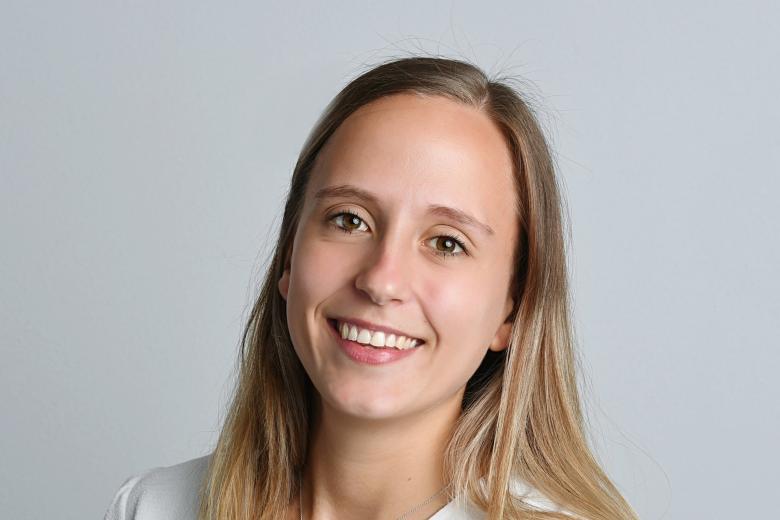Adrenocortical cancer patients live longer after undergoing surgery in specialised hospitals
The adrenal gland is an important hormone-producing organ which, like any other organ, can develop cancer. Adrenocortical cancer is relatively aggressive and the chance of recovery depends largely on whether and how the cancer has metastasised and whether the tumour can be completely removed. Medical research by PhD candidate Thomas Kerkhofs of the Máxima Medical Centre has found that patients with non-metastatic adrenocortical cancer (stages I-III) live longer if they undergo surgery at a specialised hospital affiliated with the Bijnier Netwerk Nederland (Dutch adrenal gland network, BNN).
Kerkhofs received his PhD on Thursday from Maastricht University. One possible explanation for this important difference is a multidisciplinary approach in all stages of oncological treatment, which is standard in BNN hospitals, paired with medicinal treatment following a successful operation. Approximately twenty patients are diagnosed with adrenocortical cancer each year, which makes this a relatively rare form of cancer. Kerkhofs' research found that treating these patients in a specialised hospital contributes to a longer life expectancy
Urine tests
Kerhofs also examined a diagnostic tool that uses a urine test to distinguish between benign and malignant tumours in the adrenal gland. This relatively cheap and harmless urine test is a promising diagnostic tool to detect cancer in the adrenal gland. Kerkhofs and his PhD supervisor Harm Haak therefore advocate the inclusion of a urine test in the diagnostic process to detect adrenal gland tumours.
European expertise centre on adrenocortical cancer
Harm Haak is a PhD supervisor and professor at Maastricht UMC+ and an endocrinologist at MMC. He has carried out extensive national and international research on adrenal tumours. In 2004, he co-founded the Bijnier Netwerk Nederland, a collaboration between endocrinologists, surgeons, pathologists and oncologists from Máxima Medical Centre and other specialised academic hospitals around the country. This network combines and enhances scientific research and expertise in this field. MMC is the leading regional centre for the southeast Netherlands and functions as a tertiary referral facility for other centres.
Also read
-
Why some people hesitate to vaccinate and how healthcare can address this
Doubts about vaccination continue to be a significant challenge for global public health. The World Health Organisation (WHO) has listed vaccine hesitancy as one of the top ten threats to global health.
But what exactly is vaccine hesitancy and how does it impact our society? How can we address it...

-
GROW research: all-in-one test for genetic defects in embryos🧪
Researchers at Maastricht UMC+ and GROW have developed a technique that can analyse the entire genome in a single test, allowing for faster determination of embryos suitable for successful pregnancy.

-
Tears reveal more than emotion
With the tear fluid research set up by Marlies Gijs, she is doing groundbreaking work.
